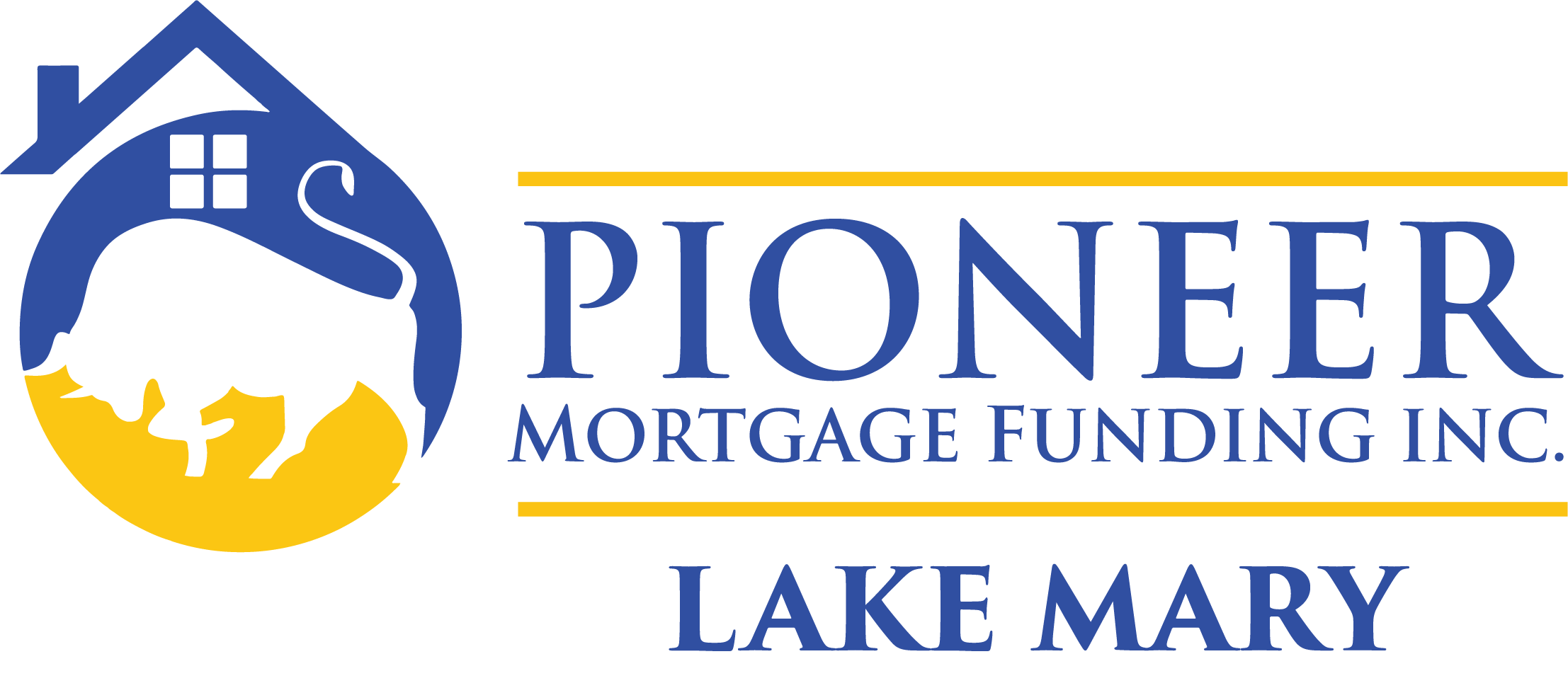Buying a home
The Home Buying Process
How does understanding credit score improve your home buying process?
The home buying process is already a very complex task for individuals looking to own real estate. If you’re looking to have a more in-depth overview of how credit score plays a factor in your ownership of owning a home, continue reading below! By having a further understanding, you will be improving your home buying process for the better!
Get started
Apply Now
Complete our application and a loan specialist will review and contact you.


